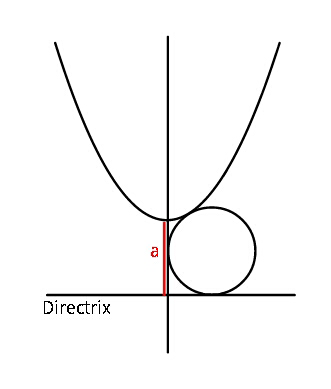
AllQuestion and Answers: Page 1675
Question Number 41754 Answers: 3 Comments: 0

Question Number 41753 Answers: 2 Comments: 0
Question Number 41726 Answers: 0 Comments: 0
Question Number 41722 Answers: 0 Comments: 0
Question Number 41721 Answers: 0 Comments: 1
Question Number 41720 Answers: 0 Comments: 2
Question Number 41710 Answers: 2 Comments: 0
Question Number 41707 Answers: 2 Comments: 0
Question Number 41706 Answers: 1 Comments: 1
Question Number 41705 Answers: 0 Comments: 1
Question Number 41704 Answers: 0 Comments: 0
Question Number 41703 Answers: 0 Comments: 1
Question Number 41702 Answers: 1 Comments: 3
Question Number 41699 Answers: 0 Comments: 0
Question Number 44610 Answers: 0 Comments: 1
Question Number 41691 Answers: 2 Comments: 0
Question Number 41686 Answers: 1 Comments: 2

Question Number 41682 Answers: 2 Comments: 0
Question Number 41679 Answers: 1 Comments: 5
Question Number 41678 Answers: 1 Comments: 0
Question Number 41677 Answers: 2 Comments: 2
Question Number 41675 Answers: 1 Comments: 1

Question Number 41672 Answers: 0 Comments: 1
Question Number 41671 Answers: 0 Comments: 0
Question Number 41651 Answers: 2 Comments: 1
Question Number 41642 Answers: 1 Comments: 0
Pg 1670 Pg 1671 Pg 1672 Pg 1673 Pg 1674 Pg 1675 Pg 1676 Pg 1677 Pg 1678 Pg 1679
